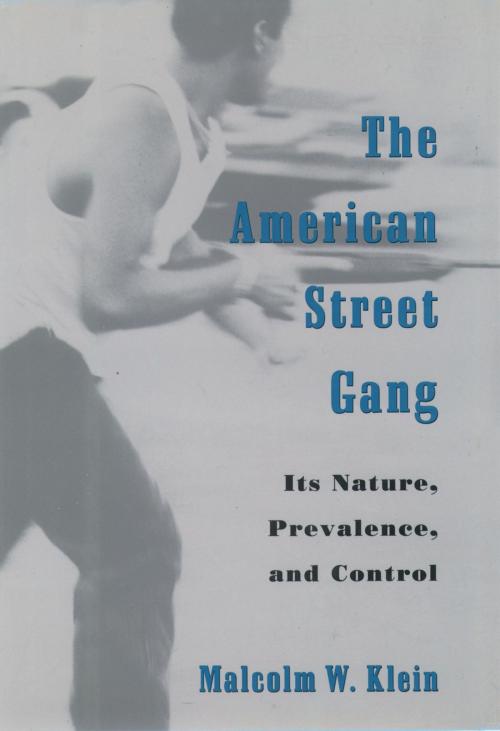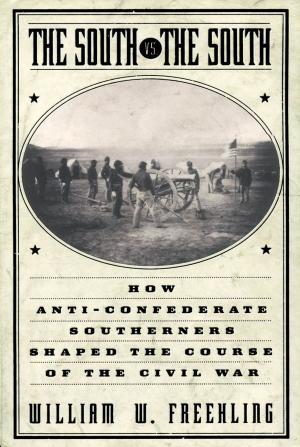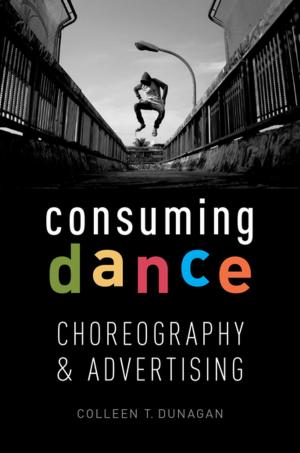The American Street Gang
Its Nature, Prevalence, and Control
Nonfiction, Social & Cultural Studies, Social Science, Crimes & Criminals, Criminology| Author: | Malcolm W. Klein | ISBN: | 9780190283391 |
| Publisher: | Oxford University Press | Publication: | July 31, 1997 |
| Imprint: | Oxford University Press | Language: | English |
| Author: | Malcolm W. Klein |
| ISBN: | 9780190283391 |
| Publisher: | Oxford University Press |
| Publication: | July 31, 1997 |
| Imprint: | Oxford University Press |
| Language: | English |
When the Soviet Union collapsed, the White House announced with great fanfare that 100 FBI counterintelligence agents would be reassigned. Their new target: street gangs. Americans--filled with fear of crack-dealing gangs--cheered the decision, as did many big-city police departments. But this highly publicized move could be an experience in futility, suggests Malcolm Klein: for one thing, most street gangs have little to do with the drug trade. The American Street Gang provides the finest portrait of this subject ever produced--a detailed accounting, through statistics, interviews, and personal experience, of what street gangs are, how they have changed, their involvement in drug sales, and why we have not been able to stop them. Klein has been studying street gangs for more than thirty years, and he brings a sophisticated understanding of the problem to bear in this often surprising book. In contrast to the image of rigid organization and military-style leadership we see in the press, he writes, street gangs are usually loose bodies of associates, with informal and multiple leadership. Street gangs, he makes clear, are quite distinct from drug gangs--though they may share individual members. In a drug-selling operation tight discipline is required--the members are more like employees--whereas street gangs are held together by affiliation and common rivalries, with far less discipline. With statistics and revealing anecdotes, Klein offers a strong critique of the approach of many law enforcement agencies, which have demonized street gangs while ignoring the fact that they are the worst possible bodies for running disciplined criminal operations--let alone colonizing other cities. On the other hand, he shows that street gangs do spur criminal activity, and he demonstrates the shocking rise in gang homicides and the proliferation of gangs across America. Ironically, he writes, the liberal approach to gangs advocated by many (assigning a social worker to a gang, organizing non-violent gang activities) can actually increase group cohesion, which leads to still more criminal activity. And programs to erode that cohesion, Klein tells us from personal experience, can work--but they require intensive, exhausting effort. Street gangs are a real and growing problem in America--but the media and many law enforcement officials continue to dispense misleading ideas about what they are and what they do. In The American Street Gang, Malcolm Klein challenges these assumptions with startling new evidence that must be understood if we are to come to grips with this perceived crisis.
When the Soviet Union collapsed, the White House announced with great fanfare that 100 FBI counterintelligence agents would be reassigned. Their new target: street gangs. Americans--filled with fear of crack-dealing gangs--cheered the decision, as did many big-city police departments. But this highly publicized move could be an experience in futility, suggests Malcolm Klein: for one thing, most street gangs have little to do with the drug trade. The American Street Gang provides the finest portrait of this subject ever produced--a detailed accounting, through statistics, interviews, and personal experience, of what street gangs are, how they have changed, their involvement in drug sales, and why we have not been able to stop them. Klein has been studying street gangs for more than thirty years, and he brings a sophisticated understanding of the problem to bear in this often surprising book. In contrast to the image of rigid organization and military-style leadership we see in the press, he writes, street gangs are usually loose bodies of associates, with informal and multiple leadership. Street gangs, he makes clear, are quite distinct from drug gangs--though they may share individual members. In a drug-selling operation tight discipline is required--the members are more like employees--whereas street gangs are held together by affiliation and common rivalries, with far less discipline. With statistics and revealing anecdotes, Klein offers a strong critique of the approach of many law enforcement agencies, which have demonized street gangs while ignoring the fact that they are the worst possible bodies for running disciplined criminal operations--let alone colonizing other cities. On the other hand, he shows that street gangs do spur criminal activity, and he demonstrates the shocking rise in gang homicides and the proliferation of gangs across America. Ironically, he writes, the liberal approach to gangs advocated by many (assigning a social worker to a gang, organizing non-violent gang activities) can actually increase group cohesion, which leads to still more criminal activity. And programs to erode that cohesion, Klein tells us from personal experience, can work--but they require intensive, exhausting effort. Street gangs are a real and growing problem in America--but the media and many law enforcement officials continue to dispense misleading ideas about what they are and what they do. In The American Street Gang, Malcolm Klein challenges these assumptions with startling new evidence that must be understood if we are to come to grips with this perceived crisis.















